Above and Beyond: Testing DECRA Metal Roofing

By Mark Gallant, DECRA.
Why DECRA products have earned a reputation for their durability and resilience against the elements.
Most manufacturers work to satisfy only the minimum U.S. building code requirements, narrowly focused on wind and fire resistance. However, DECRA Metal Roofing sends every product through independent laboratory testing, so it can provide top performance across all categories. DECRA conducts exhaustive 13-point independent lab testing to ensure their product protects its customers.
Meeting the higher testing standards of Canada
Many of DECRA’s competitors, especially overseas manufacturers, don’t offer their products in Canada since the harsh weather conditions of the region require rigorous testing that is beyond the scope of their products.
DECRA, on the other hand, has had a long-established reputation for quality in Canada, with some of the originally-installed roofs still retaining their ageless beauty, while enduring the harsh winters.
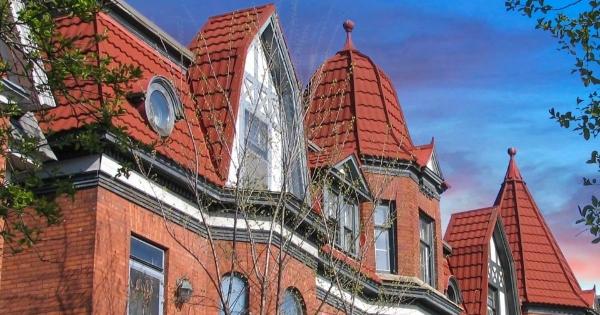
DECRA takes pride in being the only stone-coated steel roofing manufacturer to meet or exceed the rigorous tests below, and have the quality of its products verified by independent laboratory testing:
-
APA PRP-108: American Plywood Association – Engineered Wood Systems
-
ASTM: American Society for Testing and Materials International
-
CAN/CGSB: Canadian General Standards Board (Version 93.3: Prefinished Galvanized and Aluminum-Zinc Alloy Steel Sheet)
-
International Residential Code (IRC) and International Building Code (IBC)
Let’s look at the 13 physical properties that all DECRA products are independently tested for:
|
Physical Property |
Method and Standard |
Roofing Performance Characteristic |
|
Material thickness |
Micrometer or Vernier Caliper measurement |
Impact resistance and shear strength |
|
Aluminum-zinc alloy thickness |
Strength, bending, and anti-corrosion |
|
|
Coating quality |
55% Aluminum-zinc alloy quality for exterior exposure and weather durability |
|
|
Coating thickness |
CAN/CGSB-93.3 Section 6.2 | Thickness measured per ASTM D1005 |
Adequate protective (film) thickness for weather durability and thermal performance |
|
Film adhesion |
CAN/CGSB-93.3 Section 6.5.1 |
Ageless beauty and color without granular loss |
|
Hardness |
CAN/CGSB-93.3 Section 6.7.1 | Test per ASTM D3363 |
Class 4 Hail Impact resistance and fully walkable roof surface |
|
Flexibility |
CAN/CGSB-93.3 Section 6.8 |
Withstands bends required for cupolas, towers, and complex roof geometry |
|
Humidity resistance at 100% relative humidity |
ASTM D2247 |
Test for water damage resistance to detect deficiencies in coatings |
|
Salt spray resistance (salt fog spray) |
Resist metal corrosion in the harshest environment |
|
|
Durability (sunlight and ultraviolet rays) |
Prevent color pigment degradation, rusting, and breakdown from UV rays |
|
|
(Loss of adhesion test) |
Prevent the loss of stone-coating and abrasive wear common with asphalt shingles |
|
|
Traffic load |
Resistance to deflection for walkable roofs and enhanced impact resistance |
|
|
Uniform load (performance rating for flooring and structural panels) |
APA Test S-2 in American Plywood Association PRP-108 |
Load testing for walkable roof and weight-bearing under snow loads |
*Download a PDF of our independent testing results here.
Have a question? AskARoofer.
Find your local roofing contractor in the RoofersCoffeeShop® Contractor Directory.
Original article source: DECRA

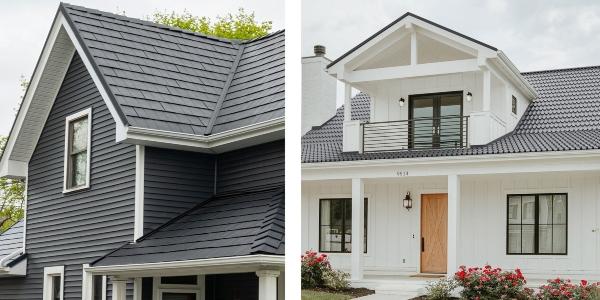
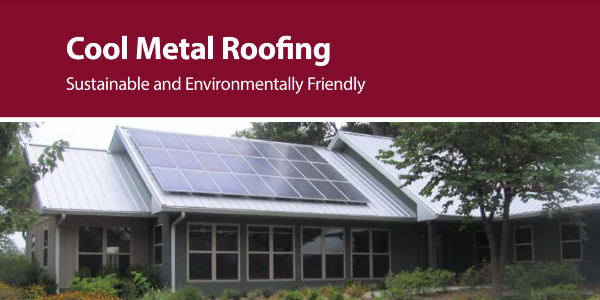
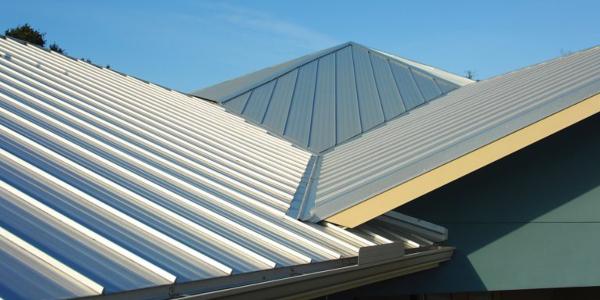


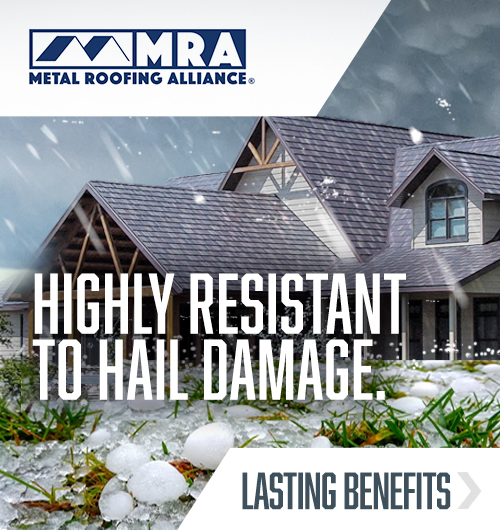
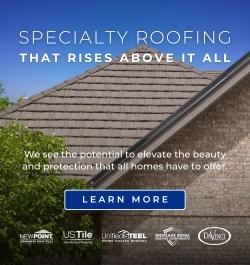

Comments
Leave a Reply
Have an account? Login to leave a comment!
Sign In